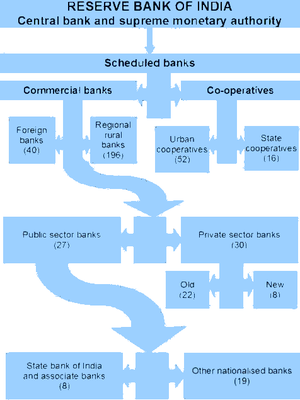Battered by a weak economy, the nation’s biggest banks are cutting jobs, consolidating businesses and scrambling for new sources of income in anticipation of a fundamentally altered financial landscape requiring leaner operations.
Bank executives and analysts had expected a temporary drop in profits in the aftermath of the 2008 financial crisis. But a deeper jolt did not materialize as trillions of dollars in federal aid helped prop up the banks and revive the industry.
ABN Amro, Barclays, Bank of New York Mellon, Credit Suisse, Goldman Sachs, HSBC, Lloyds, State Street and Wells Fargo have in recent months all announced plans to cut jobs — tens of thousands all told. Even as they cut payrolls, banks are exploring ways to generate revenue that could translate to higher costs for consumers. Among the possibilities are new fees for automatic deductions from checking accounts that pay utility and cable bills, according to people involved in the discussions.
SunTrust Banks, a major lender in the Southeast, is already charging a $5 monthly fee to its “everyday checking” customers who use a debit card for purchases or recurring charges.
Lending, the prime driver of revenue, has been depressed for several years and is not expected to pick up anytime soon, even with historically low interest rates favourable to borrowers. Consumers are spurning debt after a 20-year binge, while businesses are so uncertain about the economy that they are hunkering down, rather than financing expansion plans.
Source.






